I found this regex on another post in SO
\b(\(*[CDEFGAB](?:b|bb)*(?:\+|#|##|dim|sus|maj|min|aug|m|M|°|[0-9])*[\(]?[\d\/]*[\)]?(?:[CDEFGAB](?:b|bb)*(?:#|##|dim|sus|maj|min|aug|m|M|°|[0-9])*[\d\/]*)*\)*)\b
this regex works great when I use it with preg_replace, however when it's found the A# B# C# D# E# F# G# (not followed by m like G#m, in this case G#m is works just fine).
for example the following lyric will be highlighted F and G#m when I use the regex in preg_replace($regex, '<span class="_c">$1</span>', $lyrics)
F#
Angel eyes,
G#m
Why won’t you let me apologise?
I am stucked, and not so good at regex. any help would be appreciated. thanks in advance
